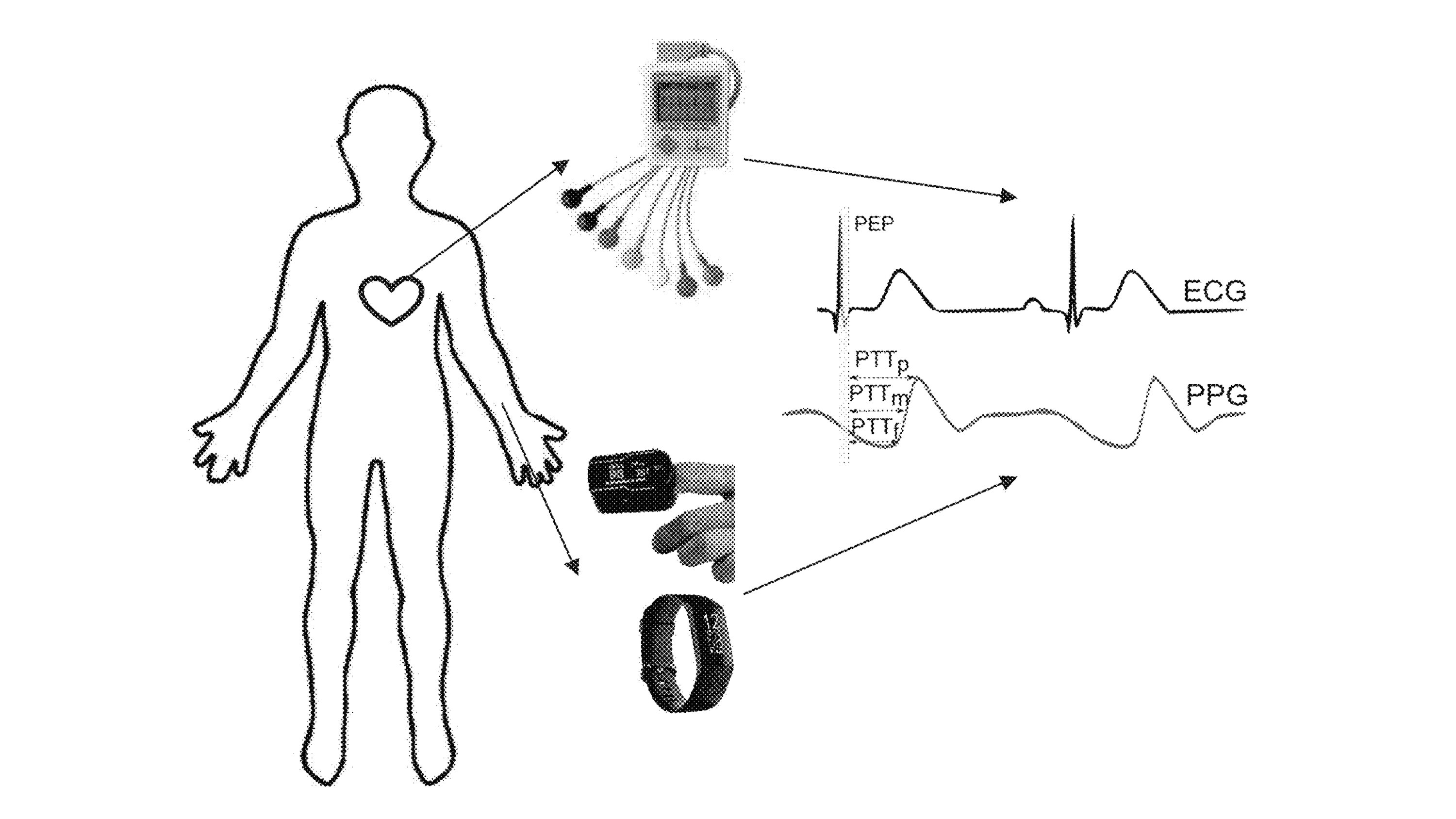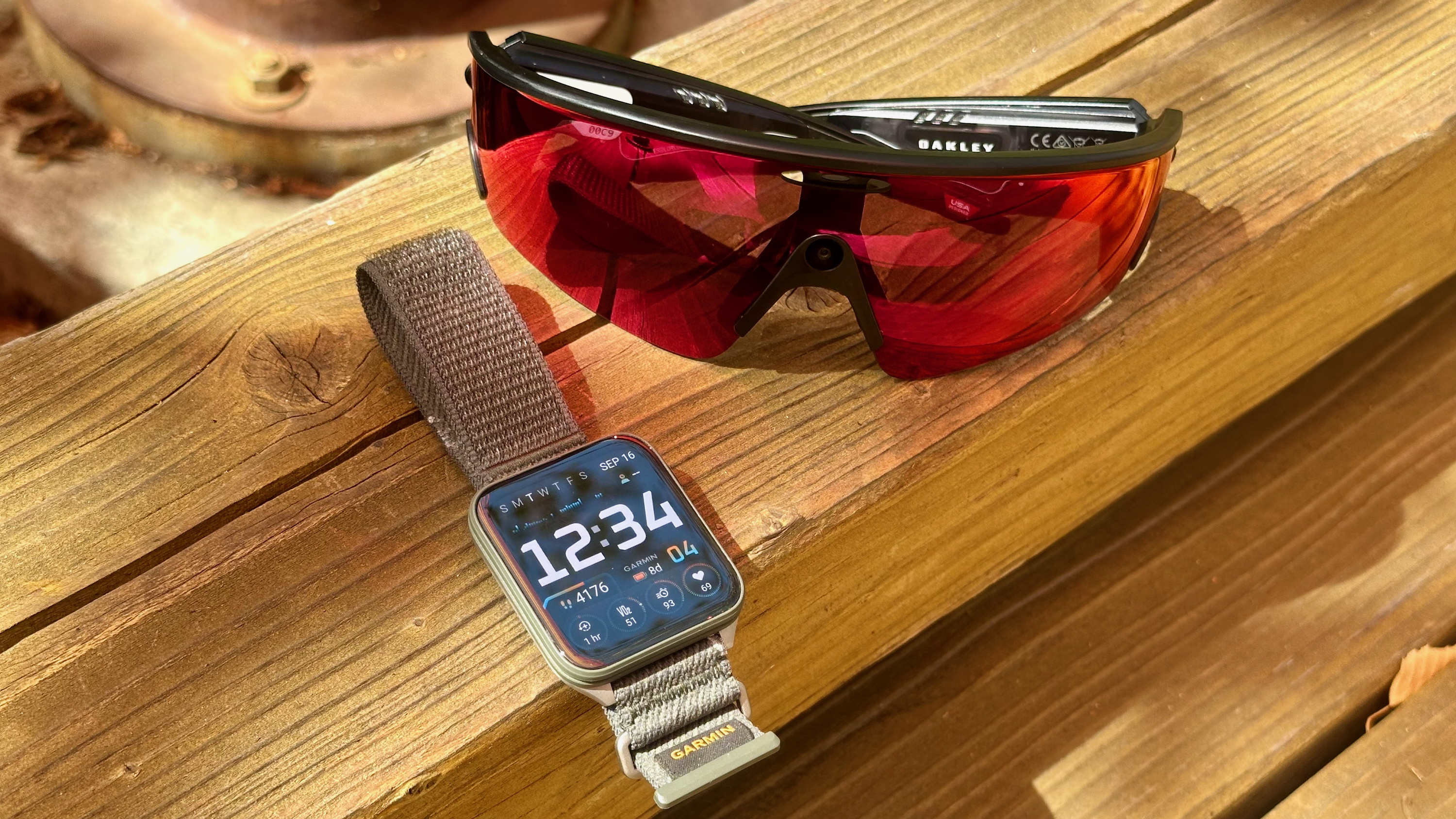Samsung wants to convert your Galaxy Watch heart data into ECGs using GenAI
A patent shows a new plan to convert PPG data into ECG data using a behind-the-scenes AI process on Galaxy Watches.
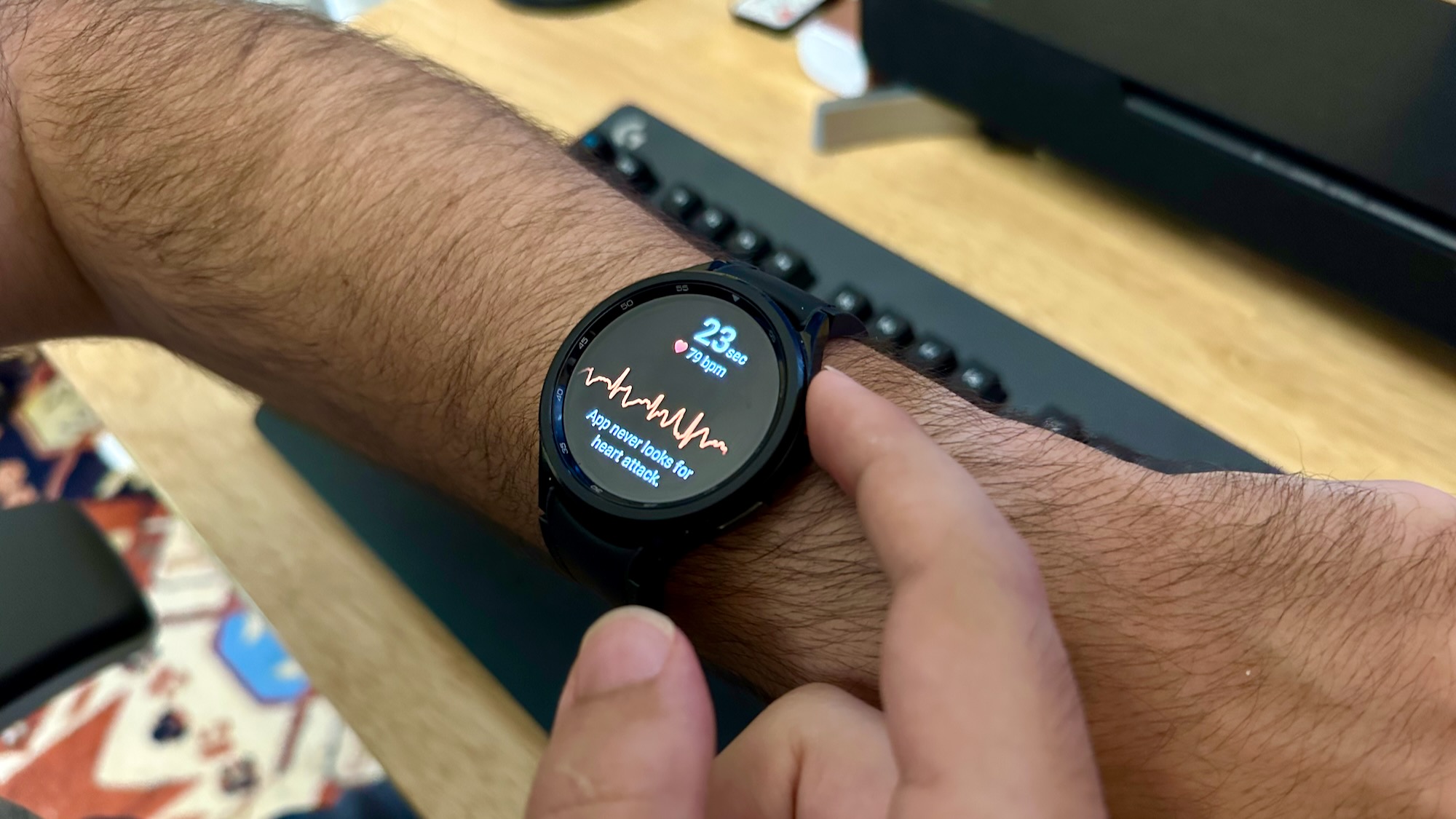
What you need to know
- Samsung filed a U.S. patent for "continuous atrial fibrillation detection via PPG to ECG signal translation" on April 18.
- The patent describes a generative AI model that interprets heart rate data as ECG waveforms.
- Samsung, Apple, and Fitbit watches have passive irregular heart rhythm notifications that prompt you to take active ECGs.
Many smartwatches perform atrial fibrillation (AFib) spot checks using an ECG sensor, but continuous AFib data isn't feasible without a medical monitor. Last month, Samsung patented a plan to change that for future wearables like the Galaxy Watch 7 by employing a generative AI model.
First spotted by Wareable, the U.S. patent "System and method for continuous atrial fibrillation detection via PPG to ECG signal translation" would "translate PPG signals to corresponding ECG waveforms."
Samsung got FDA approval for passive detection of irregular heart rhythm using Galaxy Watches last year, and Fitbit, Apple, and Withings do the same. But this method can only guess at a problem and prompt you to take an active ECG reading to confirm.
Samsung's patented PPG-to-ECG method would (hypothetically) give you more definitive data at all times, making it more likely to catch the lead-up to serious heart conditions like arrhythmia and heart failure.
The patent explains that "conventional models" can only rely on "long-term relationships" between PPG heart rhythm data and likely ECG results. With its GenAI models, Samsung claims, it will create a "first-order Markov relationship" between them for better accuracy.
Samsung's patent acknowledged that by using generative AI, "fake information may be introduced, which affects an AFib detection result." It plans to solve this by "incorporating prior knowledge in terms of probabilistic graphical models" so that it is "robust to noise," aka irrelevant or misleading information.
Samsung's generative AI plan could make your heart health data available to Google since it typically relies on the Gemini AI; we'll have to confirm when it arrives whether this is an issue from a privacy standpoint.
Get the latest news from Android Central, your trusted companion in the world of Android
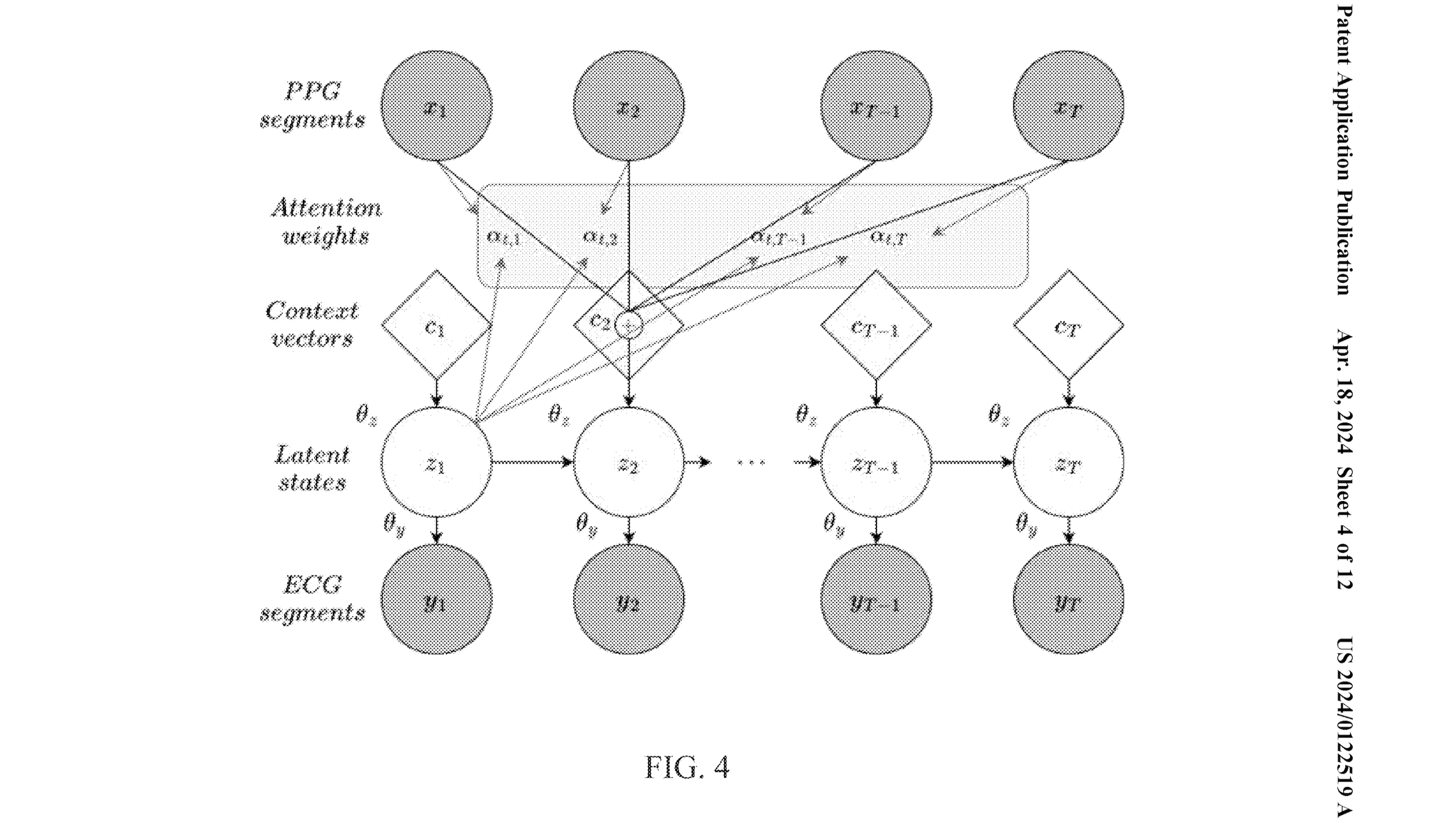
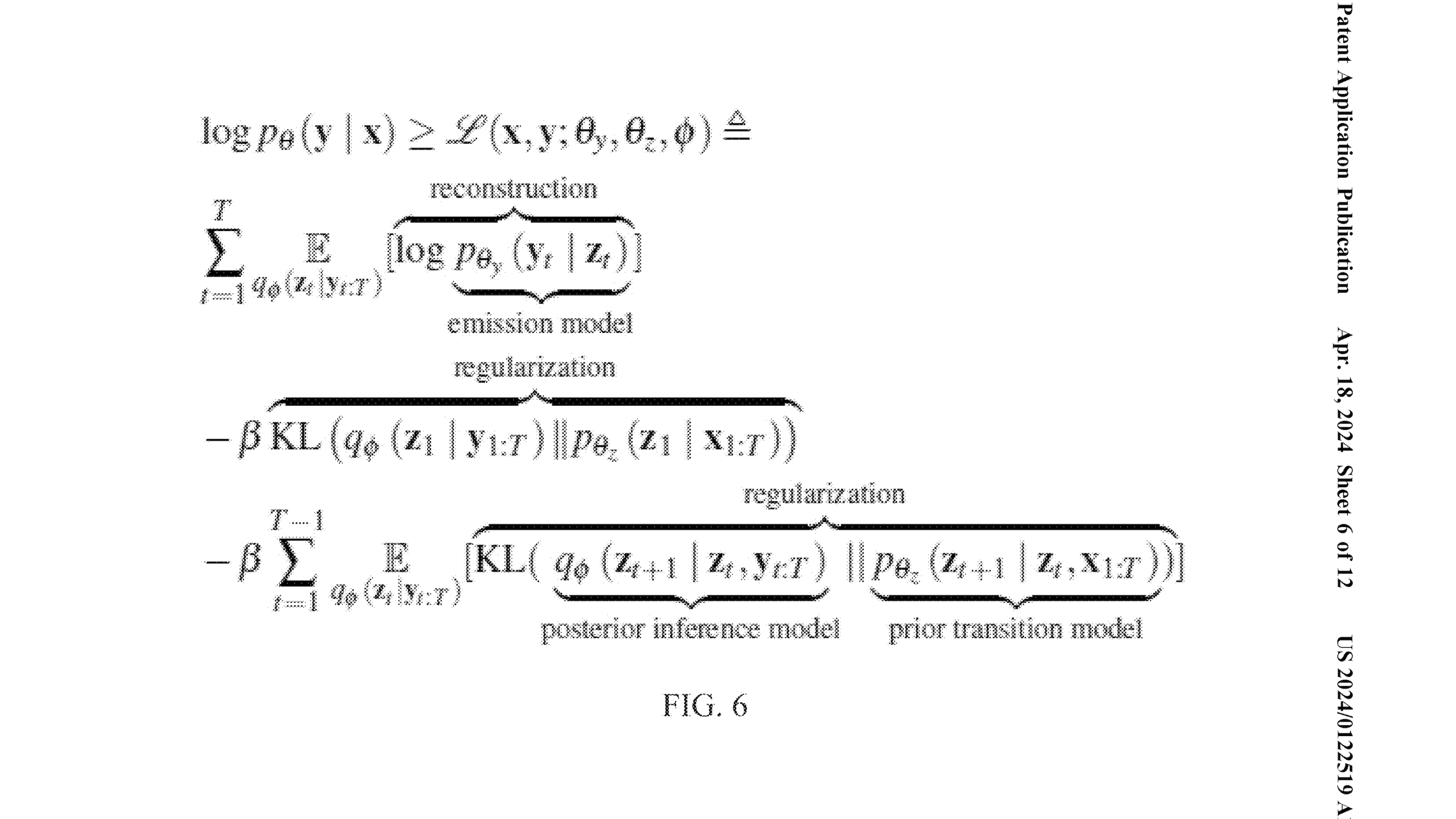
Samsung even describes a "fusion mechanism" between actual ECG readings and GenAI-made ECG waveforms to translate future PPG data into actionable ECGs better.
Beyond that, Samsung's patent is far too technical for a layman to parse reasonably, with in-depth equations (see the charts above) showing the correlation between PPG and ECG data.
What matters to Galaxy Watch owners is that this Galaxy AI feature will probably come to the Galaxy Watch 7 and other future wearables, making it the Android smartwatch to beat for anyone concerned about their heart health.
Apple got FDA approval to call Apple Watches a "Medical Device Development Tool" for AFib detection last week (via 9to5Apple), so this patent could help Samsung even in the playing field once it's implemented and tested for accuracy.
We'll see if the upcoming Galaxy Ring — which will have a PPG of its own — could take advantage of this feature. Beyond that, we're curious to see if Samsung has other GenAI tricks to improve the health data from its Galaxy Watches.

Michael is Android Central's resident expert on wearables and fitness. Before joining Android Central, he freelanced for years at Techradar, Wareable, Windows Central, and Digital Trends. Channeling his love of running, he established himself as an expert on fitness watches, testing and reviewing models from Garmin, Fitbit, Samsung, Apple, COROS, Polar, Amazfit, Suunto, and more.
You must confirm your public display name before commenting
Please logout and then login again, you will then be prompted to enter your display name.
